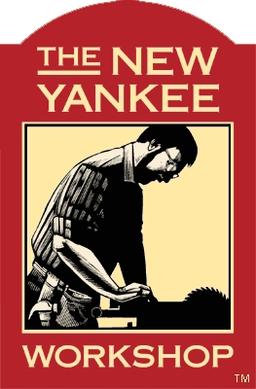

Carefully cleaning the udder and teats, and very quickly refrigerating raw milk should significantly reduce the risks of bacterial contamination and growth. This is not done in most cases though, so raw milk usually carries a much higher risk of listeria.
Having had listeria once–contaminated green beans–I very much do not recommend it.








I have one. I hated the stock skin. I like having the apps I use regularly groups together by purpose on my home screen so I can get to them quickly. I immediately re-skinned it.